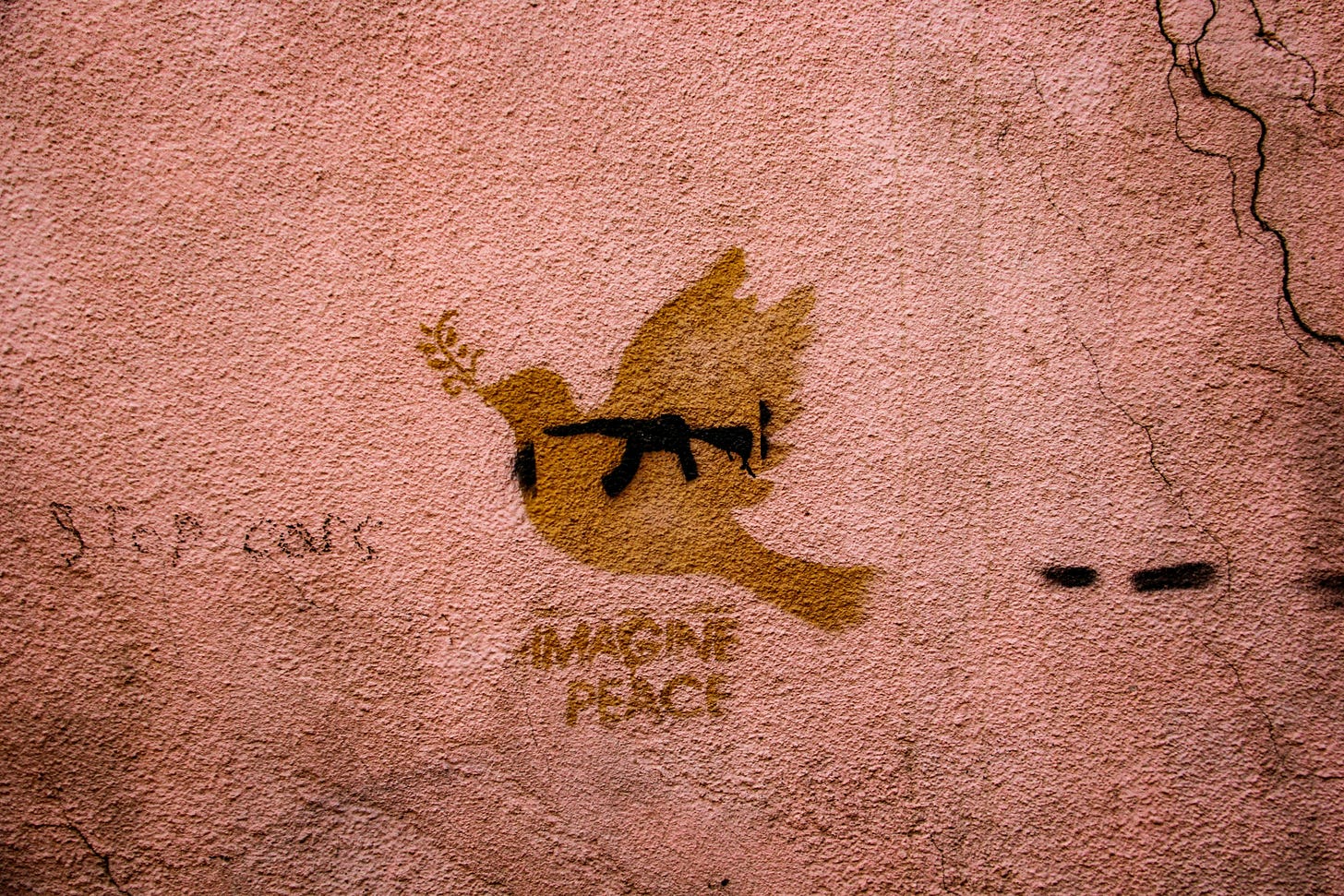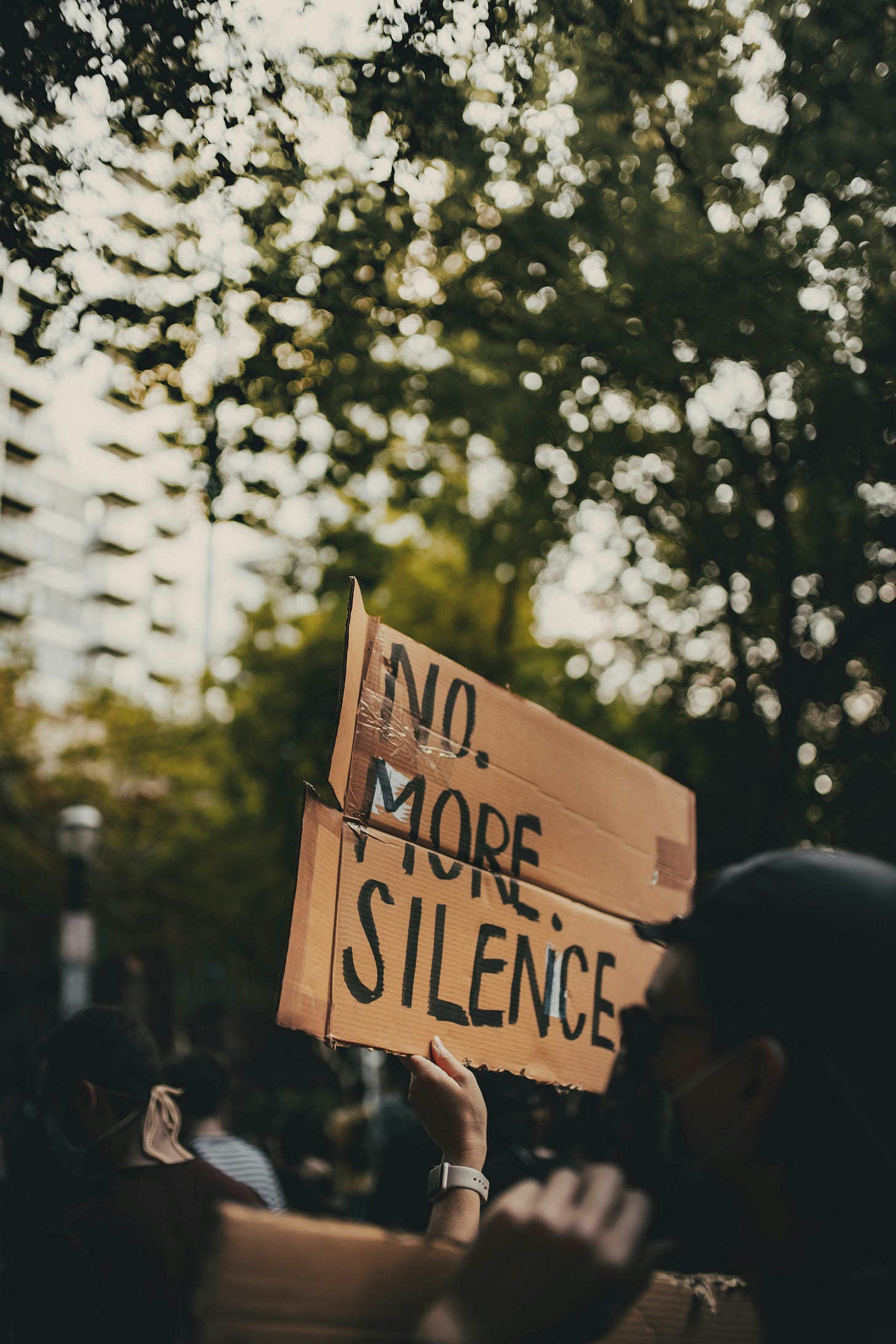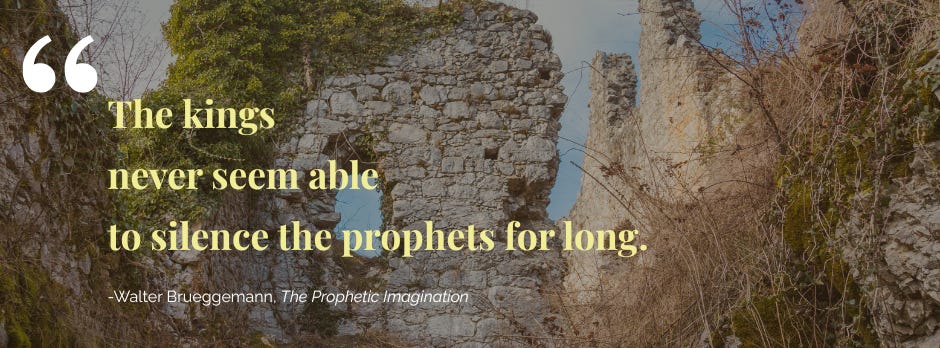Yesterday was Juneteenth. I had the privilege of attending an event in Fort Worth as part of the “Freedom Vibes” Celebration, where Ambassador Andrew Young spoke of his life as a peacemaker. This 93-year-old civil rights leader was in Dr. Martin Luther King Jr.’s inner circle, visited him in the Birmingham jail where he wrote his famous letter to white moderates, and was beside him the day he was killed, but his work for peace didn’t stop there. He has lived a full life and it would be impossible to distill all of his wisdom into one essay, but I’d like to share one story that particularly stood out to me.
Ambassador Young told of the first day he went to visit Dr. King in the jail in Birmingham, and the dehumanizing way that the police sergeant on duty treated him when he came in. This encounter understandably made him angry, but after he finished his visit and was heading out again, Young remembered the wisdom that his dad taught him as he was growing up under Jim Crow in the deep South, “Don’t get mad; get smart.” So as he walked back by the sergeant at his desk, Young took a second to look at his name badge. He paused at the desk and said, “Thank you, Sergeant Hamilton,” and made some pleasant small talk about the high school football team. He recounted how the demeanor of the sergeant completely changed, the tension melted away for just a moment as they talked football before Young said, “See you tomorrow!” He came back to that jail day after day, and he continued being friendly and making small talk with Sergeant Hamilton and eventually ended up getting a one-on-one with the police chief. Racism and segregation didn’t magically stop that day, but that one little moment of humanizing his enemy changed everything about Young’s Birmingham experience, and had ripple effects on both men’s lives.
As he told this story, I thought about the Sermon on the Mount. Last year as the Bible Project did a year-long exploration of Matthew 5-7, I found their interpretation of “turning the other cheek” fascinating.1 They explained that the examples of turning the other cheek, walking an extra mile, and giving the coat off your back to those who ask were not acts of passivity but rather in their context were subversive acts of peacemaking that forced those who seek to dehumanize you to be confronted with your humanity. When forced to see your humanity in these subtle actions, they are reminded of their own humanity as well, which sometimes can flip the whole conversation.
Hearing Ambassador Young share this brilliant modern example of “turning the other cheek,” I was struck by the thought that there are prophets out there still, if we only have eyes to see and ears to hear the uncomfortable truths they have to share. I’ve been thinking about prophets a lot in recent months as we read through the Hebrew Bible, and noticing how the modern idea of a prophet often greatly misses the mark. In the Bible, prophets are less fixated on predicting specific end-times geopolitical events as they are fixated on reminding God’s people who they are, and urging them to take His path rather than their own.

What is a prophet?
What is a prophet?
What does it mean to be prophetic in a modern world?
What’s the difference between a prophet and a critic?
As I think about these questions, I find myself returning to these central characteristics:
Prophets pay attention and see truths that are often unpopular and maybe even unpleasant.
Prophets have the courage to speak the truth even when nobody wants to hear it.
Prophets tell the truth that is for the hearer’s good, rather than for their own glory.
While there were several individuals in the Bible who heard from God throughout the book of Genesis, Moses is the first person in the narrative of the Torah whose identity is rooted in his role as a prophet.2 His relationship with God was special because he didn’t just commune with God; he acted as an intercessor between God and the people. He brought God’s message to those with power and to those without. To those with power, Moses offered warnings as a part of God’s plan for liberating his people. Meanwhile, he took the truth that God communicated to him out into the full community in an effort to shape the people toward justice and righteousness. His messages to his fellow Israelites over the next handful of decades changed the course of history as he communicated the truth about how God wishes the people bearing his name to live.
This starts a new pattern in the narrative, as it is established before the death of Moses that God would “raise up a prophet” like him in the future, who would communicate the depths of God’s truth to the people.3
This prophetic tradition continues with the narrative. Samuel was the next great prophet who arose during the lawlessness of the era of judges. He gave people the word of God, even when they didn’t want to hear it. He pushed back on their clamoring for a king and warned them of the dangers on the path they were choosing. He challenged Saul even when he became the king, and went behind his back to anoint his successor. Nathan came in the next generation and challenged King David when he lost his way. Again and again, God sent people who were paying close enough attention to see what was going wrong, and who had the boldness to say something about it.
So, what is the significance of this to us today?
There are some strains of Christianity that seem to have a differing view on what it means to be a prophet. They see a prophet less as a truth teller and more as someone who can predict the future, a seer or a fortune teller. That common view has watered down the role of the prophets that we see in Scripture. Jesus was the ultimate prophet who spoke the full depth of God’s truth, as he boldly challenged the leaders in the temple to return to the true meaning of the law: love God and love your neighbor. He challenged ordinary people to do the same. In some of his final teachings to his disciples, he promised to send them a Helper who would guide them when he was gone.4 His physical body left the earth, but his Spirit has filled every generation of Jesus-followers since. And through this Spirit, his prophetic tradition has also continued.
We see it in Stephen boldly preaching the Gospel to the Jewish leaders who killed him. We see it in Peter and the apostles telling the authorities that they must obey God and not man.5 We see it in Paul taking the message of the Gospel all the way to Rome.
We can look through history and see it, too. Abolitionists, caregivers during war and famine, Bonhoeffer, civil rights leaders. Today I think of Bryan Stevenson, Isaac Munther, Kristin Kobes Du Mez, and Jemar Tisby (just to name a few), who put their own lives and reputations on the line to speak unpopular truths.
Another key point that differentiates a prophet and a critic is the prophet’s rootedness in the truth found in Scripture rather than their desire to prove their own “rightness.” It’s not enough to see that things are wrong or to call out false teaching; the prophet’s goal is not merely to offer critique but to invite listeners to a better way of living.
Many of us find ourselves in a position where we can see clearly that things are not right, not only in America, but more disturbingly in the church. We don’t feel comfortable (nor should we, in my opinion) dubbing ourselves with the label of a prophet, but maybe we can embrace the idea of bearing prophetic witness as a gift. If this is you, I would encourage you to embrace and cultivate that gift.
The church needs to hear more truth.
May we be wise enough to see the truth, and bold enough to speak it.
https://bibleproject.com/podcast/what-does-it-mean-make-peace-beatitudes-pt-4
There is one reference to Abraham as a prophet in Genesis 20:7 in the encounter with King Abimelech, but that’s not generally the way that he is identified.
Deuteronomy 18:15
John 14:16
Acts 5:29





